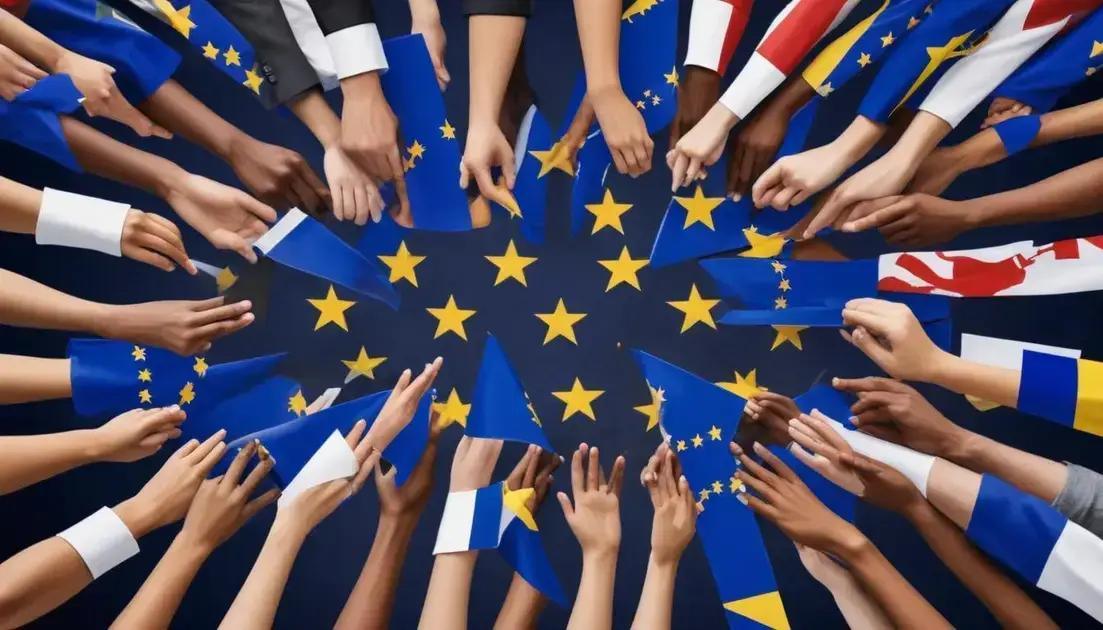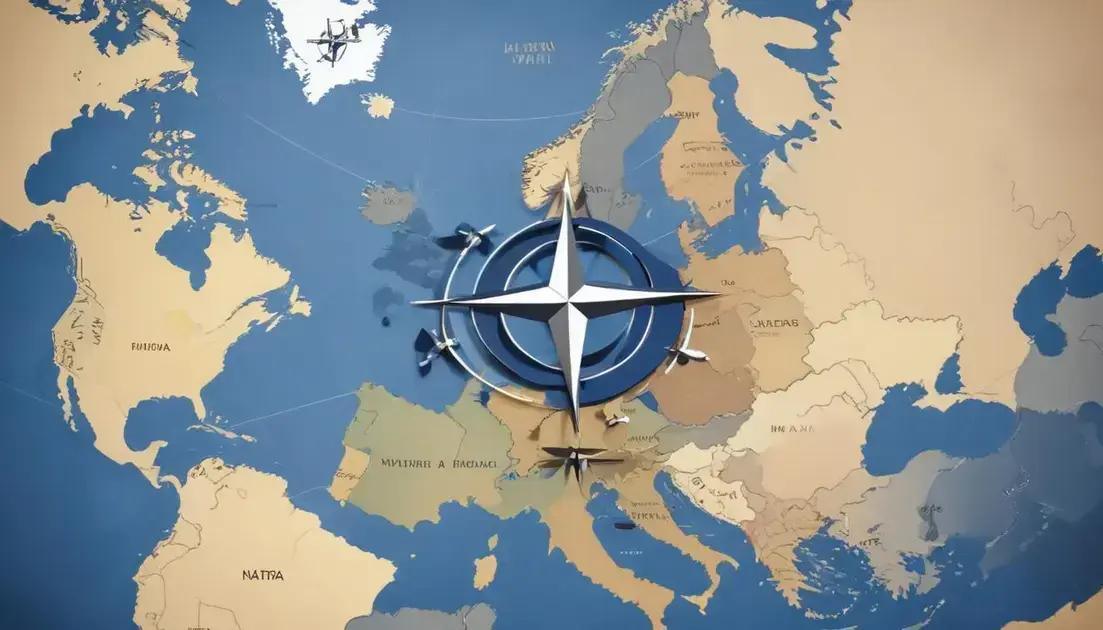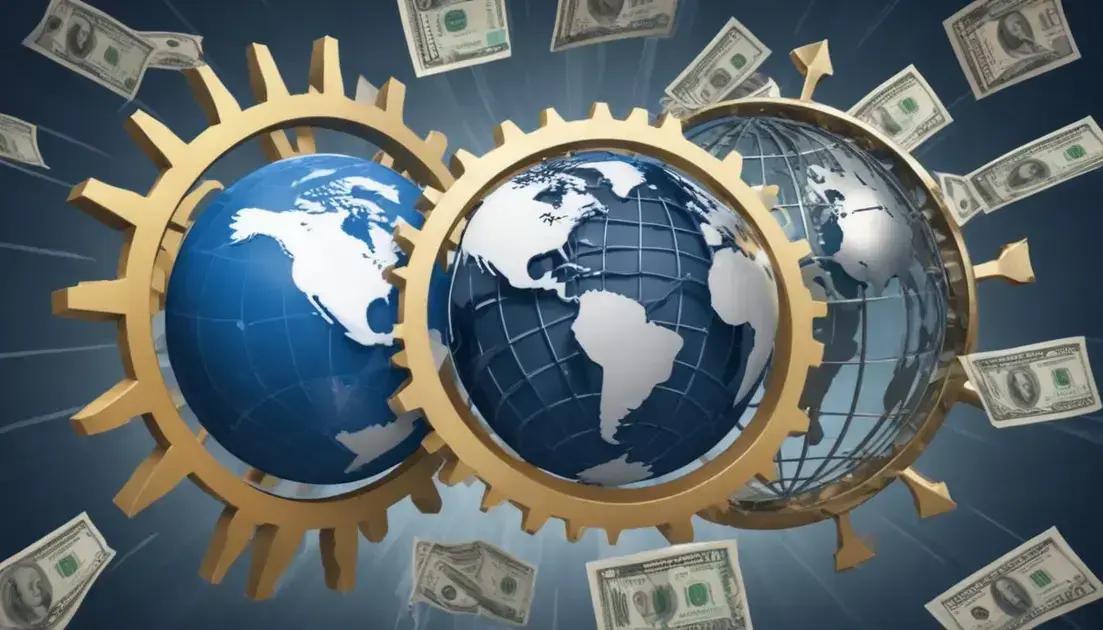
The European Union: dream, crisis, and unity
The European Union faces significant challenges such as political tensions, economic disparities, and public disapproval. However, its future prospects for unity and cooperation include deepening member integration, encouraging citizen engagement, and promoting shared values. By adapting to global changes and focusing on collaboration, the EU aims to strengthen its position and ensure stability among its member countries.
The European Union was conceived to unite countries and heal the scars of history. Yet today, it grapples with significant internal tensions. How can it reconcile its founding ideals with the realities of the present?
The Origins of the European Union
The European Union has its roots in the aftermath of World War II. As countries looked at how to prevent future conflicts, they began to work together. They wanted peace and stability in Europe. This cooperation led to the formation of what we now know as the EU.
Early Steps Toward Unity
In 1951, six countries came together to create the European Coal and Steel Community. This was the first step towards economic cooperation. The idea was simple: work together to avoid wars over resources.
The Treaties that Shaped the EU
By signing the Treaty of Rome in 1957, members took another big step. They aimed to create a common market. This allowed goods and services to move freely between the countries. More countries joined over the years, expanding the Union.
A Shared Vision
The main goal of the EU has always been to keep peace among its members. Besides economics, the EU promotes political cooperation, cultural exchange, and human rights.
Challenges and Growth
As the EU grew, it faced challenges like differing national interests. However, the idea of unity in diversity continues to drive the EU. While problems arise, the focus remains on collaboration and common solutions.
Current Challenges Facing the EU
The European Union is facing several challenges today. These issues threaten its unity and effectiveness. Understanding these challenges helps us see the complexity of cooperation among member states.
Political Tensions
Political disagreements among member countries have risen. Different views on immigration, trade, and policies can create friction. This tension makes it hard for the EU to present a united front.
Economic Disparities
Another challenge is the economic disparity between member states. Some countries are thriving while others struggle. This uneven growth can lead to feelings of discontent and call for changes in policies.
Public Disapproval
Many citizens feel disconnected from the EU. They may not understand its purpose or benefits. This lack of connection can lead to rising skepticism and criticism of its decisions.
Global Competition
The EU also faces global competition from other power players. Countries like China and the United States are significant rivals. The EU must find a way to stay competitive while promoting shared values and cooperation.
Future Prospects for Unity and Cooperation
The future of the European Union relies on unity and cooperation among its members. While challenges exist, there are also many possibilities for growth.
Deepening Integration
One idea is to deepen integration among member countries. This means working together more closely in areas like defense, trade, and climate action. By joining forces, countries can tackle issues that affect everyone.
Fostering Citizen Engagement
Engaging citizens is crucial for the EU’s future. More public involvement can lead to better understanding and support for policies. Initiatives that encourage dialogue and participation can strengthen ties between the EU and its citizens.
Adapting to Global Changes
The EU must also adapt to global changes. This includes shifting economic power and environmental challenges. By being flexible and responsive, the EU can remain relevant and effective on the world stage.
Promoting Shared Values
The promotion of shared values, like democracy and human rights, is essential. The EU can be a leader in advocating for these principles. By standing firm on its values, the Union can inspire both its members and other nations.
Conclusion
In conclusion, the future of the European Union holds great potential for unity and cooperation. By deepening integration, the EU can tackle issues that matter to all member nations. Engaging citizens will also bring support and understanding, making the Union stronger.
Adapting to global changes is crucial for staying relevant, and promoting shared values is a powerful way to lead by example. As the EU moves forward, these steps can help create a brighter future for all its members and the world.


